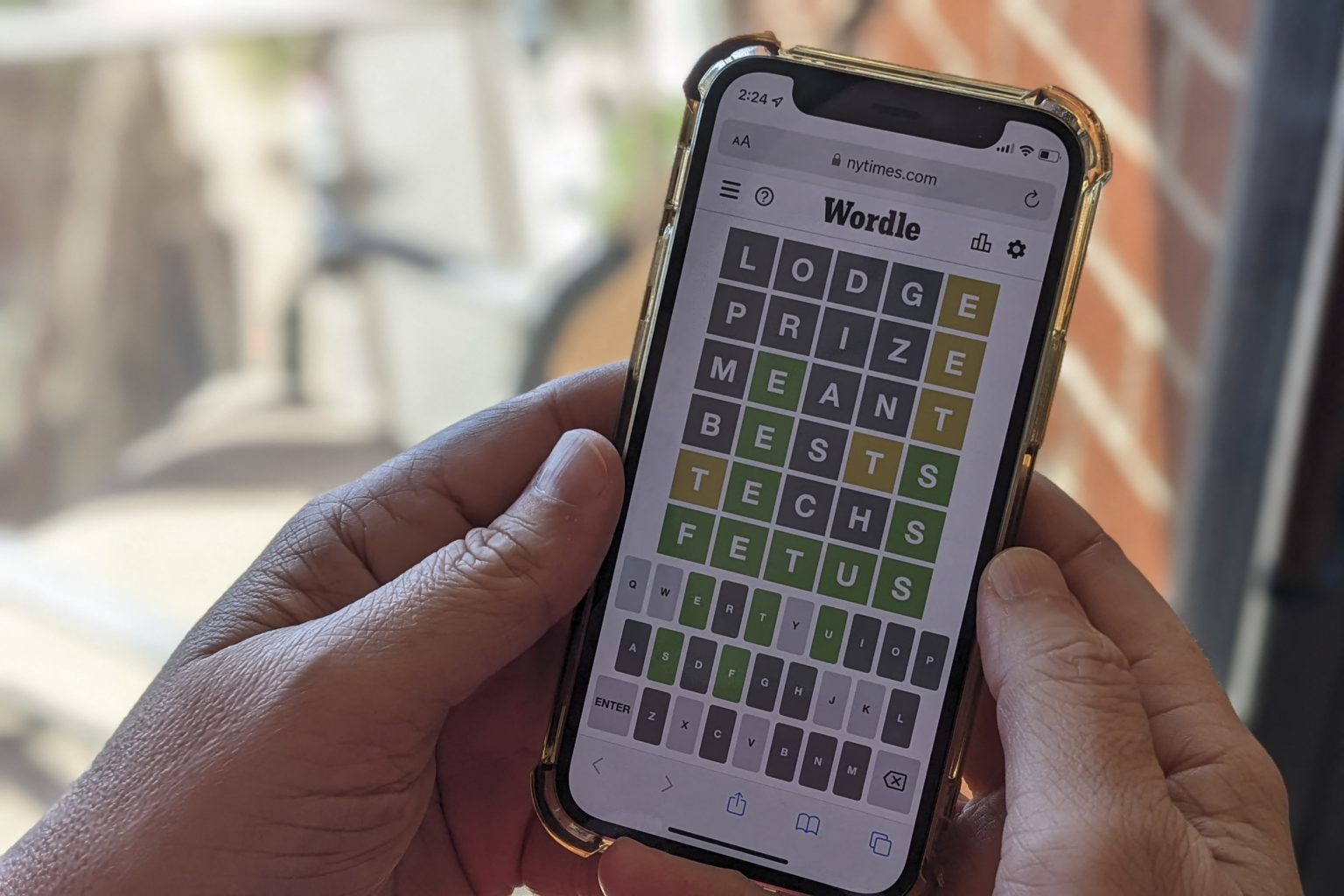Wordle, the immensely popular word puzzle game, continues to captivate players worldwide with its daily dose of linguistic challenge. Created by Josh Wardle, a software engineer, Wordle emerged as a viral sensation during the COVID-19 pandemic, quickly transitioning from a niche pastime to a global phenomenon. The game’s simple yet engaging format, combined with its social element, has cemented its place as a daily ritual for countless individuals seeking a brief mental workout and a sense of shared accomplishment. The New York Times acquisition of Wordle further solidified its mainstream appeal, establishing it as a cornerstone of the publication’s online gaming platform.
Wordle’s gameplay revolves around deciphering a five-letter word within six attempts. Players receive feedback after each guess, with gray, yellow, and green tiles indicating the presence and position of letters within the target word. This straightforward structure, coupled with the absence of a time limit, allows players to engage with the puzzle at their own pace, fostering a relaxed and contemplative approach to problem-solving. The game’s accessibility contributes significantly to its appeal, attracting players of all ages and backgrounds. The daily cycle of new puzzles generates a consistent sense of anticipation and provides a recurring opportunity for intellectual engagement.
The game’s social impact is equally noteworthy. Wordle fosters daily conversations among players, creating a sense of community around the shared pursuit of solving the puzzle. The exchange of hints, strategies, and celebratory messages transforms the individual challenge into a collaborative endeavor, forging connections between players and reinforcing the game’s social dimension. This shared experience contributes to a sense of collective achievement, fostering a positive and supportive online environment.
Wordle also offers psychological benefits, providing players with a sense of accomplishment and a welcome respite from the demands of daily life. The small victories achieved through successful puzzle completion accumulate over time, contributing to a feeling of progress and mastery. Furthermore, the game’s inherent educational value promotes vocabulary development and enhances word recognition skills, enriching players’ linguistic abilities in an engaging and unobtrusive manner.
The clues provided for the December 14th Wordle puzzle, including grammatical classification, vowel count, repeated letters, syllable count, and synonyms, guide players towards the correct answer, “drool.” These hints encourage strategic thinking and deductive reasoning, challenging players to utilize their linguistic knowledge and analytical skills to unravel the mystery word. The daily unveiling of the solution provides a satisfying culmination to the puzzle-solving process, fostering a sense of closure and anticipation for the next day’s challenge.
Beyond the daily puzzle, Wordle’s influence extends to other word-based games, offering players alternative avenues for linguistic exploration and entertainment. Games like Typochondria and Spellspire provide similar challenges and opportunities for cognitive engagement, further expanding the landscape of word-based puzzles and catering to a diverse range of player interests. Wordle’s enduring popularity underscores the universal appeal of word games and their ability to stimulate the mind, foster social interaction, and provide a source of daily amusement.

